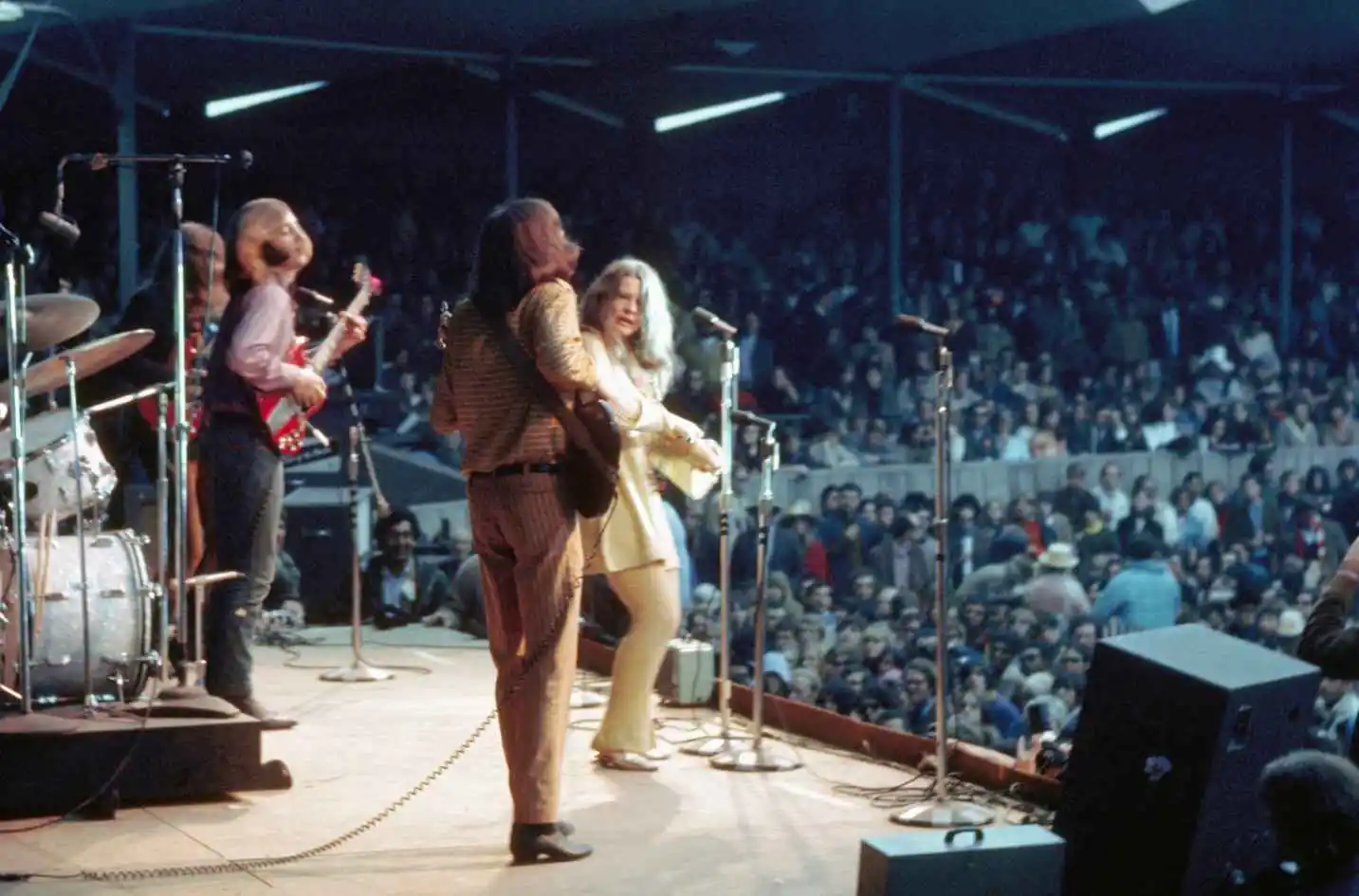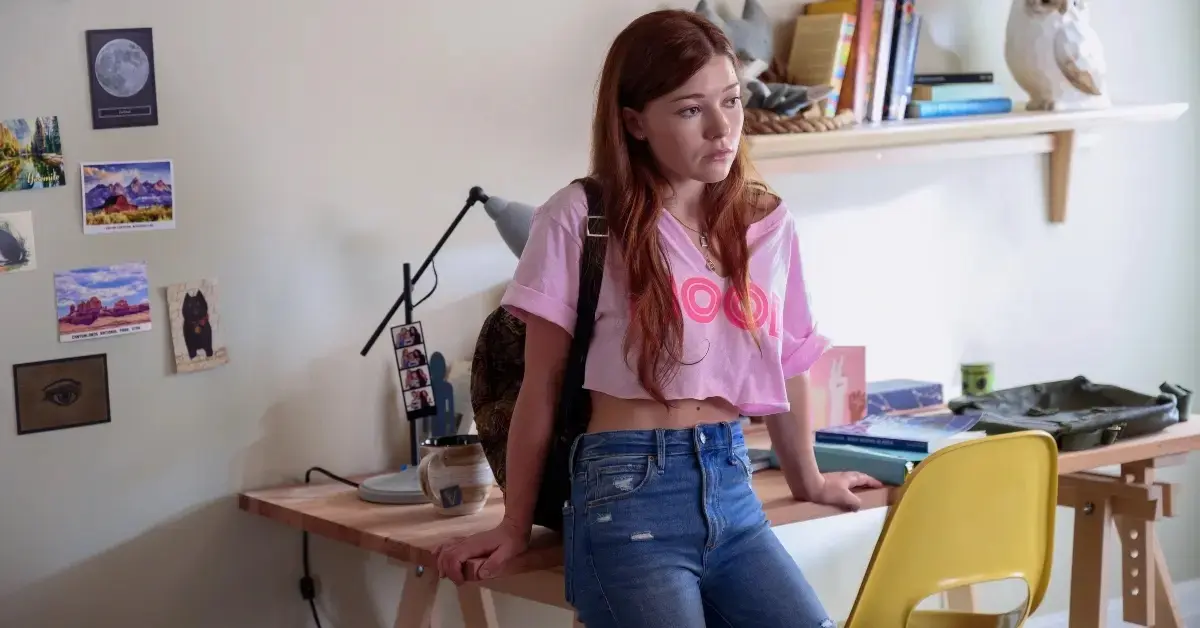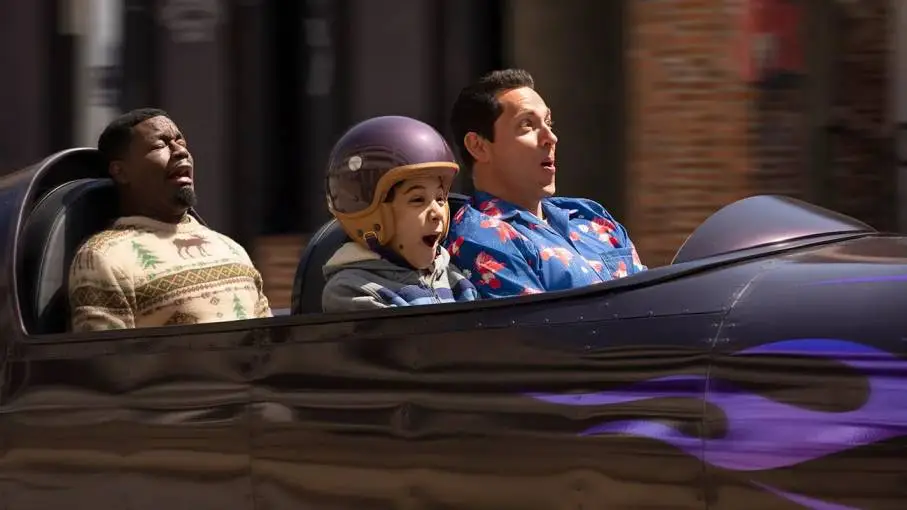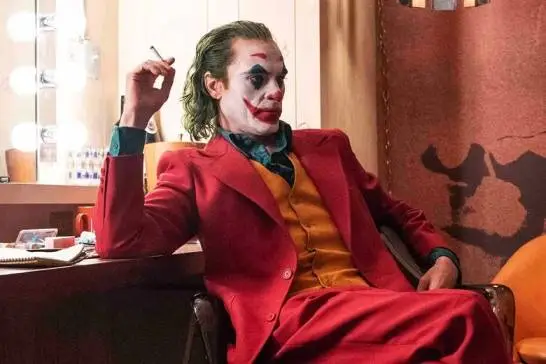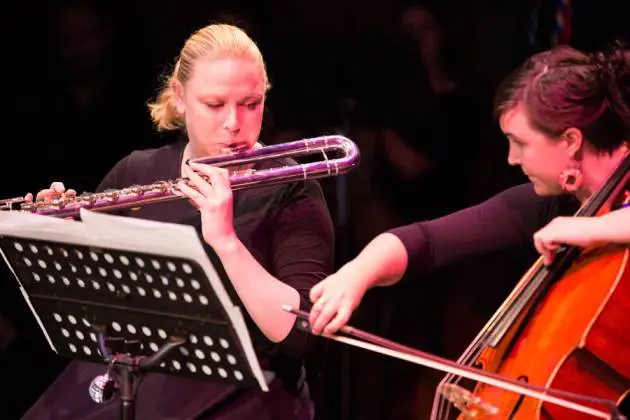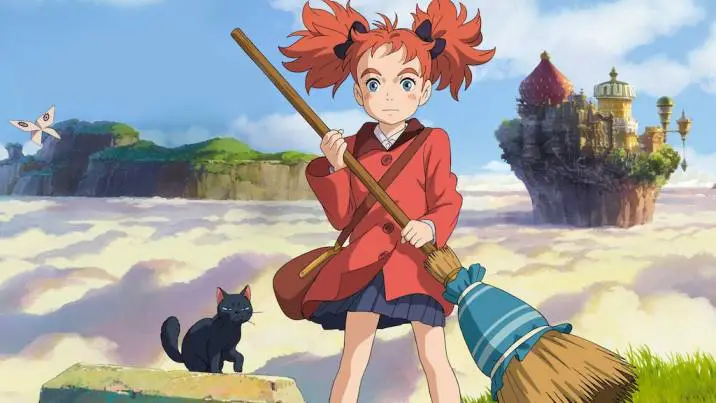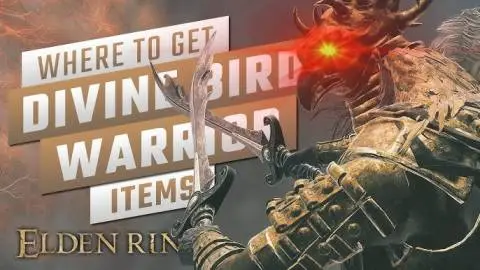The advanced Pop Music Festivals around the turn of the twentieth 100 years with strict and old style music. From that point, it advanced to incorporate "hipsters" in the last part of the '60s; began to turn out to be very famous during the '70s; then spread dramatically following the fall of the Berlin Wall.
Today, live performances happen from one side of the planet to the other and bring individuals from all societies and ages together! However, truly Pop Music Festivals have been continuing significantly longer than simply the start of the last 100 years. We should investigate where they truly began, and the amount they've changed throughout the long term!
The First Music Festivals: The Pythian Games
While our thought process of as live concerts have just truly been around for a little more than 100 years, the training really returns a lot further. Truth be told, we can pinpoint the specific year and spot the primary recorded live performance was held: 582 BC, in Old Greece.

Why was that overall setting extraordinary? It denotes the making of the Pythian Games! Made to commend the obliteration of Python and the presence of the Prophet of Delphi, the games highlighted various melodic, game-like rivalries.
Enduring six to eight evenings, the Games introduced melodic occasions like a Song addressed to Apollo, the divine force of expressions and music, as well as exhibitions on aulos (a Greek reed pipe) and kitharas (a stringed instrument). They even had individuals we would perceive today as makers and coordinators, referred to then as the Theoroi!
Obviously, while this was the primary recorded live concert, occasions like this originate before written history! Truly, we don't have any idea when they began, only that they have consistently existed in some structure.
Classical Music Festivals
By the seventeenth 100 years, a large portion of the music focal point of Europe was on what we consider "traditional music" today. Famous craftsmen of the day included Bach, Mozart, and Beethoven.
For a really long time, live performances were for the everyday citizens to cheer and partake in festival. However, by the seventeenth 100 years, the tip top of society had assumed command over the way of life and made occasions that were considerably more elite; just the profoundly taught privileged could join in and benefit from these fresher live events.

As the abundance partition across Europe developed, new instruments were created by and for this exclusive class, and artists were generally consigned to two gatherings: exceptionally taught high society, frequently sovereignty or working for eminence; and poor, uninformed, voyaging people performers. This pattern went on for a few hundred years until it came to a sudden stop toward the start of the twentieth 100 years.
World Wars
With the flare-up of WWI, ways of life all over the planet had to change. With a heavier spotlight on delivering weapons and safeguarding the wellbeing of regular folks, the high society's live events essentially vanished.
Then again, the more unfortunate classes of individuals, who would have rather not battled, got instruments and made present day society and jazz.
Gatherings of similar performers met up to play in little clubs and bars for other people who figured the manner in which they did; away from the people who viewed themselves as "privileged." When the conflict finished, jazz had set up a good foundation for itself as a real - and well known - type.
Tragically, with years and years of harmony, war by and by broke out in Europe. The social difficulty experienced during The Second Great War proceeded.
Louis & Elaine Lorillard
In any case, the social and financial expansion that followed the conflicts offered new open doors for live events. The couple that would become Louis and Elaine Lorillard met in Italy during The Second Great War.
Having reinforced over an affection for jazz, the not entirely set in stone to utilize jazz to add to the way of life of Rhode Island. With $20,000 in subsidizing, the pair constructed the Newport Society Celebration, bringing jazz, blues, nation, and popular music together. By 1954, in excess of 11,000 individuals joined in.
The ’60s and Beyond
Regardless of what you might have heard, Woodstock might have been the most renowned live event, yet it was not the first of its sort. Live performances as we think about them today - a departure from regular daily existence - all the more precisely started in 1967.
With the Monterey Global Pop Celebration. It was at this occasion that Jimi Hendrix set his guitar ablaze, Janis Joplin slung her profession, and America was acquainted with The Who. It's no big surprise it's viewed as America's most memorable stone celebration!

From that point, the Miami Pop Celebration was held in 1968, trailed by Woodstock in 1969. By the 1970s, current live events had spread all through the world. Enormous social events of individuals came for each subgenre of well known music. Nonetheless, by the '80s and '90s participation started to slack. Live concerts hit somewhat of a low, flagging a change was coming.
The Berlin Wall & Electronic Music
With the '90s came another well known classification: Pop Music Festivals. Spearheaded in the underground music scene of Soviet-controlled Berlin, electronic music was to a great extent specialty until the fall of the Berlin Wall in late 1989.
However, when that wall fell, electronic music spread like quickly to the world. Unlawful gatherings and shows, frequently in deserted structures, sprung up all over the place. Power plants, The Second Great War fortifications, deserted tram stations - they all became brief music settings.
With the reunification of Germany came a good feeling and opportunity. Also, with that sensation of opportunity cam festivities and unending music all through the craftsmanship and underground scenes.
Music Festivals of Today
The Pop Music Festivals 2024 radiate imagination, craftsmanship, energy, and tomfoolery. According to the perspective of a city, they help the travel industry, influence industry, and upgrade civil marking. Current live events are large business.
In any case, not simply have urban communities benefit; the music business needs celebrations as well. Because of the advanced age, audience members purchase music in an unexpected way (Spotify memberships as opposed to purchasing every collection, for instance), and the business needs income from celebrations to compensate for any shortfall.
Because of this accentuation on business, some contend that live performances have gotten away from their underlying foundations; they celebrate ticket deals rather than activism and melodic articulation.
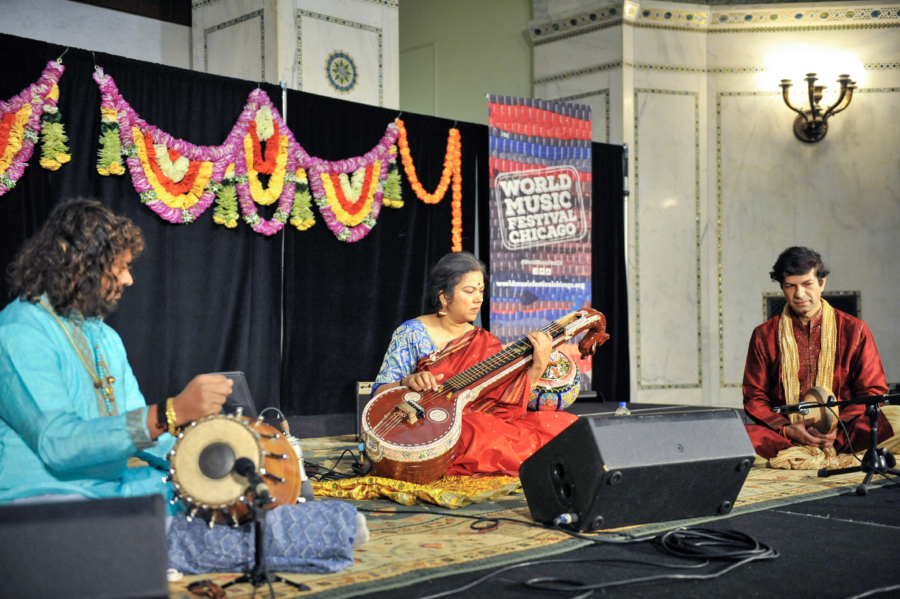
And keeping in mind that those reactions might be substantial, there is still no more excellent method for joining individuals. In spite of all that goes with them, live concerts are still about the music, and nothing unites individuals better!
Hoping to begin your own excursion to the live event organize? Or on the other hand perhaps our objectives are somewhat more modest? Regardless of the size of your melodic aspirations, The Music Studio is here to help! Beginning around 1990.
The Music Studio in Etobicoke (Toronto) has zeroed in on offering the best in music training, client assistance, and an incentive for cash. We accept that these topics are reflected in the models beneath and in the connections we work with our understudies. Experience The Music Studio contrast for yourself. Whether it's face to face or on the web, The Music Studio has Music Examples You'll Adore!

